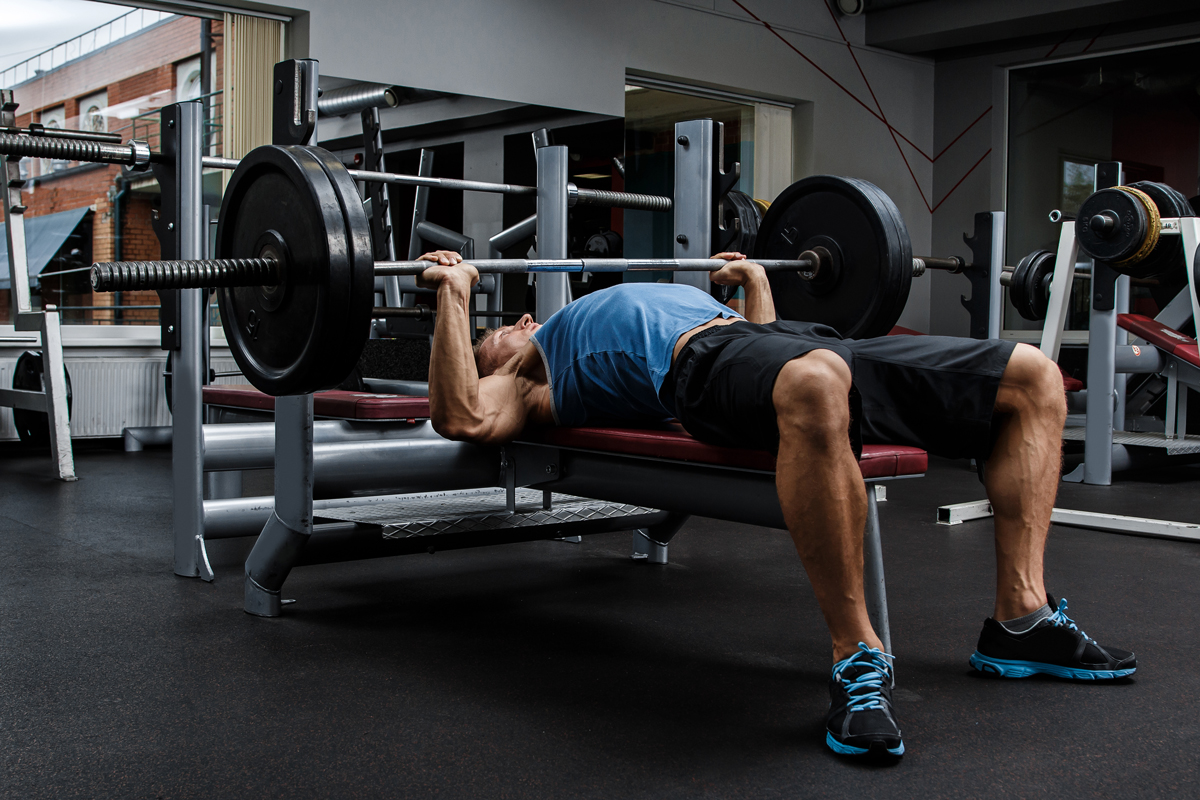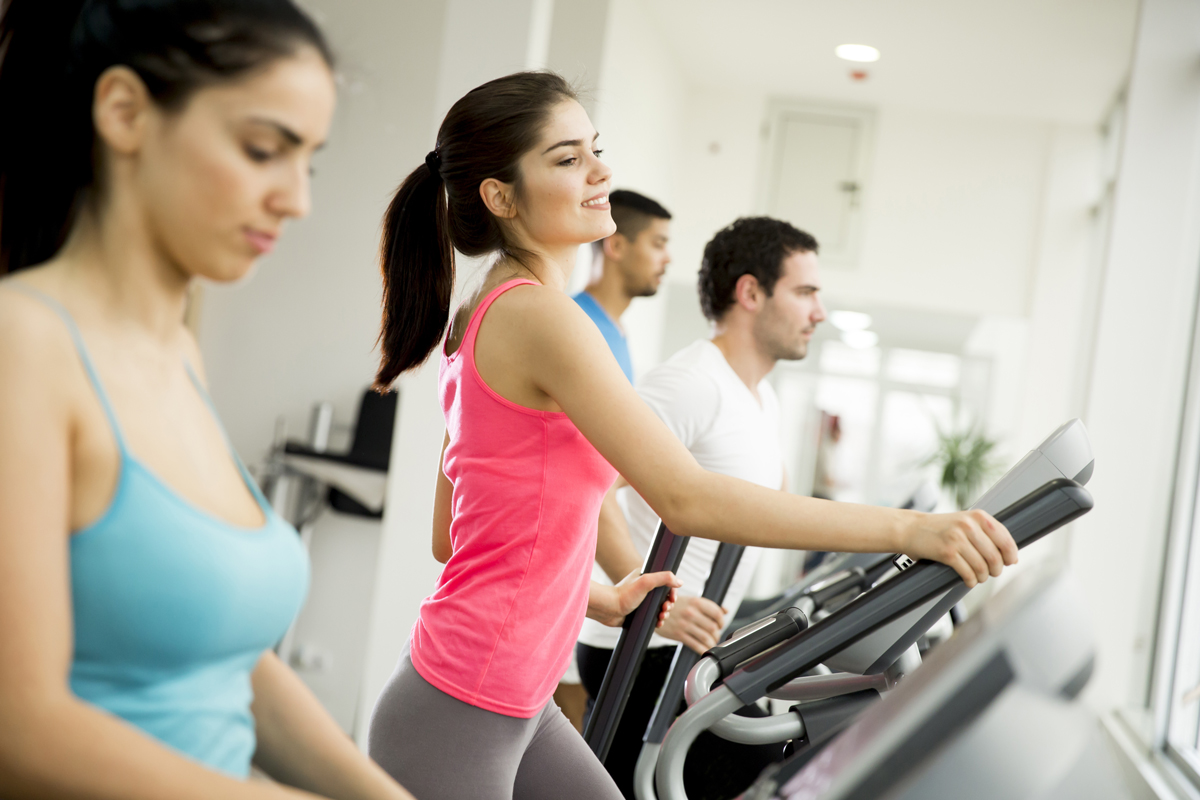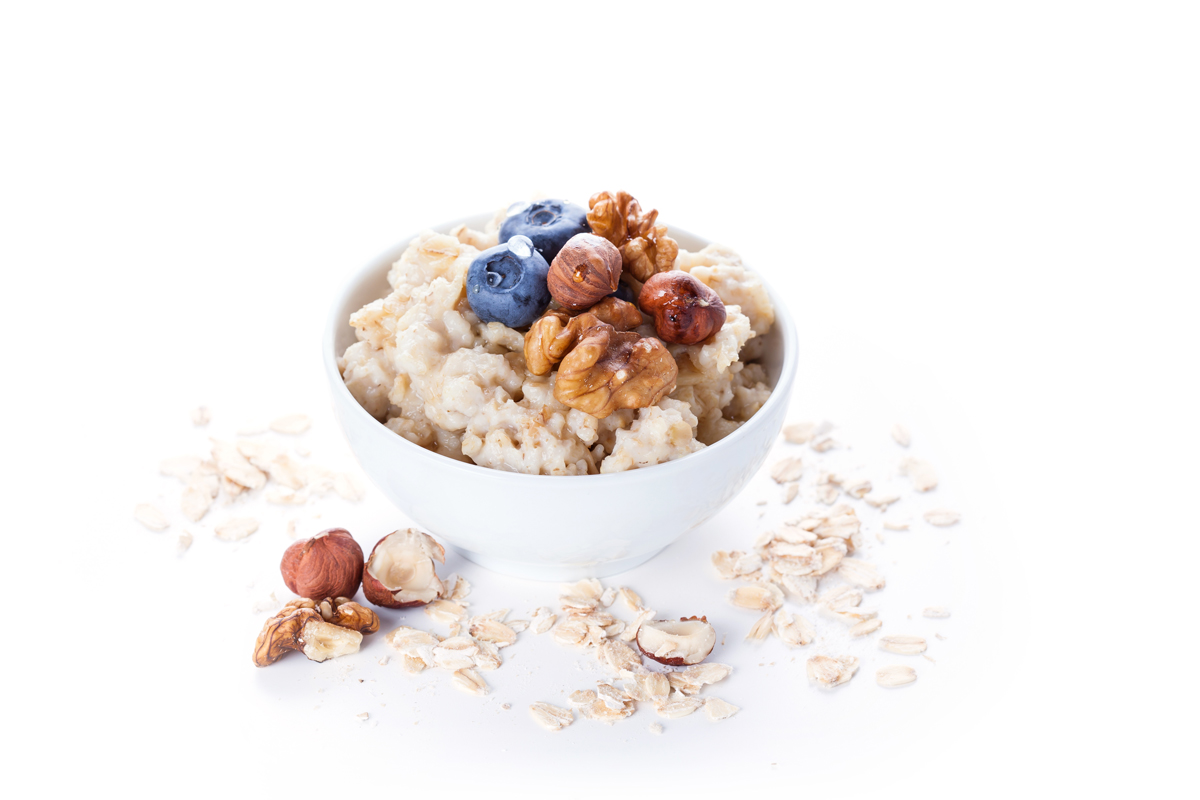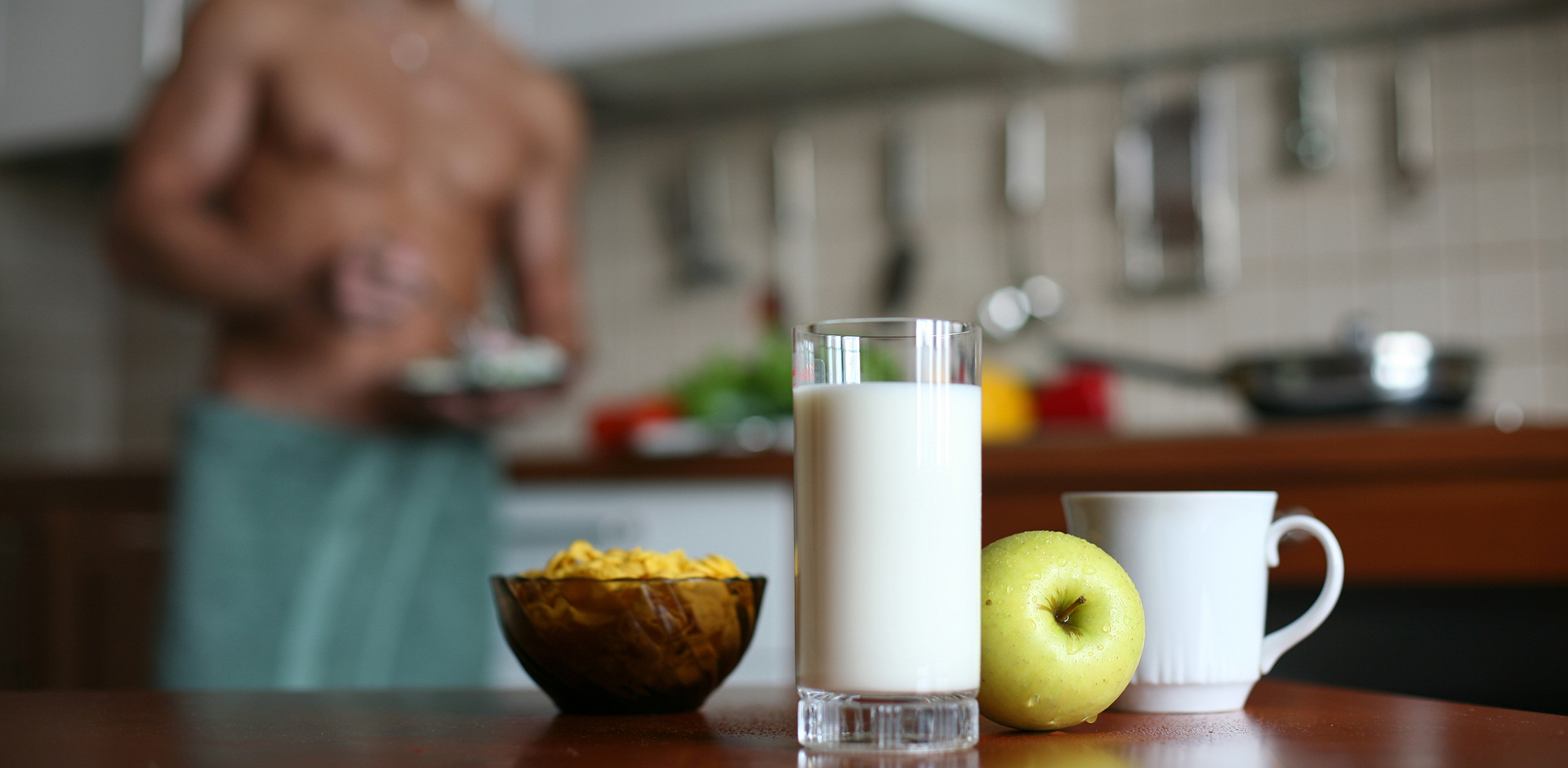There is no doubt that a balanced diet together with physical activity brings effects in the form of weight reduction, as well as improving the appearance of the figure. However, more and more people are looking for new methods to speed up this process. One of the trends is training right after waking up. Practicing exercises without breakfast has both supporters and opponents. The following article discusses in which cases it is worth performing strength or aerobic training without eating a meal.
How does the type of activity affect the efficiency of training in fasted state?
Supporters of physical activity without eating a breakfast before suggest that this is to promote faster fat burning. Opponents, on the other hand, suggest that this is a dangerous procedure for health, because after a night fast you should provide the body with enough energy to stimulate it to action. It turns out that this is a complex problem, which is influenced by many factors, including the type of training.
Strength training on an empty stomach and muscle catabolism

Exercises in a fasted state are often erroneously associated with catabolism, or the breakdown of muscle tissue. This issue should be considered in the perspective of the calorific value of the diet, the level of muscle glycogen, the advancement of training and the duration of the activity itself. Only exercising without a meal does not condemn us to muscle catabolism, because many other components affect this process.
Cardio / aerobics on an empty stomach

Many people run without food, claiming that this method brings better results than doing this after a full day of work. This theory is based on the claim that the lack of a meal after waking up in combination with low intensity of exercise will result in greater use of fatty acids as an energy fuel. However, the most important factor allowing the reduction of body fat is the negative caloric balance. In the studies, no changes were observed in fat loss between the "fasting" and "after meal" training groups. The use of this type of training can support the acquisition of exercise adaptations - increasing the potential of using fatty acids during the exercise itself, while at the same time saving glycogen consumption. Such treatment may therefore have some benefits in long-lasting effort, in the case of endurance athletes, by improving the storage capacity of muscle glycogen. However, it will not bring greater effects in fat reduction than doing cardio after a meal.
What should you remember while exercising on an empty stomach?
1. Length, as well as the intensity of exercising in the fasted state depends on the possibilities and experience in training. Optimally, training should not take more than about an hour.
2. Remember to eat the appropriate supper the previous day. The best is rich in carbohydrates and protein.
3. It is common practice eating amino-acids only before the workout, which is beneficial due to the reduced risk of hypoglycaemia.
4. If you have decided to train without a meal, remember to provide a full-fledged breakfast, rich in protein and carbohydrates, after the activity. The optimal period for eating a meal will be about 30 - 60 minutes after the end of the training session.
5. Exercise on an empty stomach is not necessary for weight loss. If your schedule of the day only allows you to exercise in the morning and you are simply not hungry, or you feel nauseous after a meal during training, then you can try exercising without food intake. However, when you can have breakfast in the morning or during an activity that is not preceded by breakfast, you feel dizziness, more fatigue - it is worth to include a light meal before training.
6. If we plan to train in the morning after the first meal, it should not significantly burden the digestive tract, the breakfast must be easily digestible.
A practical approach to training in fasted state
Training without breakfast will certainly work for people who train immediately after getting up, have a busy schedule or feel discomfort during the training after breakfast. However, it is not worth postponing a meal after training, if you think that it would provide you with burning more fat, because this is a mistaken assumption. If we just want to do a light aerobic training after waking up, for exaple a walk that will allow us to "burn" a bit more kcal, of course we can do it on an empty stomach. Depending on the duration of such activity and its intensity, we will create an energy deficit, which is taken into account in the energy demand.

Summary
Each organism functions in an individual way. Therefore, for some people, exercising without breakfast will be effective, while for others will be the opposite. On the basis of the research it can be concluded that the training unit performed on an empty stomach does not give better results than the one performed after eating the meal. The best way is to simply check the two options and choose the most convenient one for you. However, depending on the chosen goal, it is always essential to maintain adequate caloric supply and regular physical activity.





